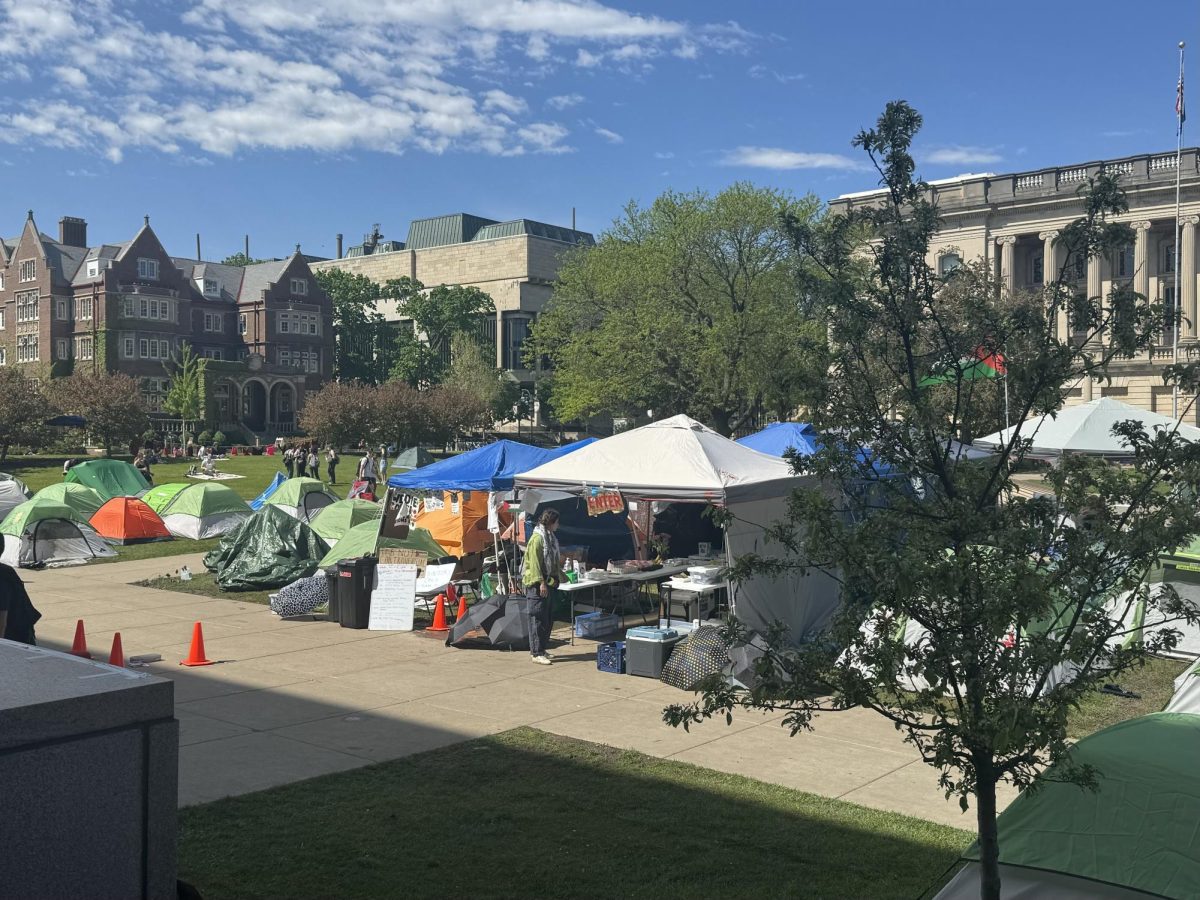
Students and community members called Friday for an alliance to combat racism still prevalent on campus and in society.
About 30 people participated in “What is Anti-racism?”, a panel to discuss topics in racism hosted at Memorial Union by the Wisconsin Union Directorate Society and Politics Committee, and co-sponsored by the MultiCultural Student Coalition and the International Socialist Organization.
Panelist Colleen Butler, director of the Racial Justice Program at the Madison YWCA, said a large part of being “antiracist” is acknowledging racism, being willing to talk about it and believing others when they say they have faced it.
UW senior and panelist Ali Brooks agreed, saying racism is institutionalized and not just the product or problem of one person.
According to Brooks, antiracism is a life-long journey and we must be willing to confront our personal prejudices every day.
Shyla Gorham, an administrative staff member with the MCSC, said although President Barack Obama’s election is an important milestone, his appointment alone will not rid society of racism.
“Many people feel like, ‘Hey, we have a black president now, so we’re all good.’ But even though that’s wonderful, there is more to be done,” Gorham said.
Panel members discussed the pitfalls of “colorblind” policies, which claim to ignore or discount racial characteristics.
According to Amy Mondloch of Grassroots Leadership College, one of the first characteristics noticed about people is gender and the color of their skin, so “colorblind” does not exist.
Mondloch added that many policies termed “colorblind” simply mean playing by white rules, but people often do not realize they are acting on their prejudices. She also said we need to treat the people around us like family, respect each other’s differences and learn from each other’s experiences.
Butler agreed.
“When people say, ‘I’m colorblind’ or ‘I don’t see color,’ it’s a huge red flag,” she said. “It’s denying people their experiences and past. I’ll pretend I’m white and you pretend I’m white and we’ll both be happy.”
She added that institutional racism has been formed over a period of 500 years, so it is going to take a while to fix.
“A long time ago, there was an end to slavery, but we weren’t done after that,” Butler said. “There have been so many milestones, but the fight continues.”
Event organizer Karlyn Tjaden of the WUD society and politics committee said the organizers wanted participants to leave better informed and with a sense of empowerment.
“It can be very hard to talk about race, so we wanted to create an open, inclusive dialogue about the issue,” Tjaden said. “We want people to not only understand the issues, but to know how to combat them. And for me as a white person, I want to better know how to be an ally.”











